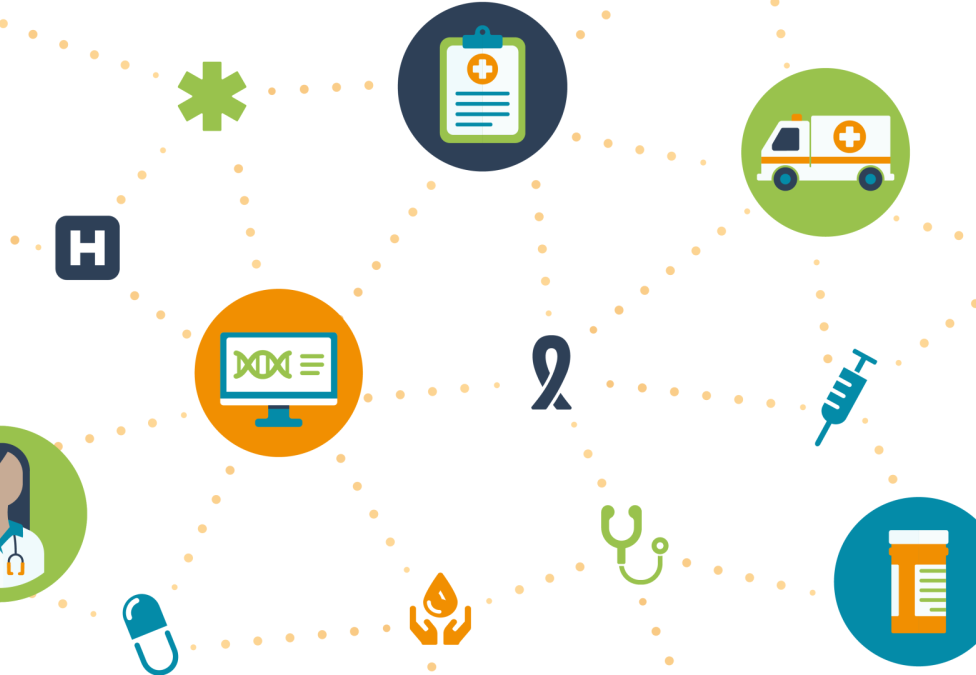Thank You for Downloading
Your download is complete—head to your Downloads folder to explore the insights.

Literacy plays a central role in health and health care. A person’s level of health literacy influences their health-related behaviors along with their ability to navigate the complexities of the health-care system. The level of health literacy of individuals or communities often mirrors disparities in society. Low health literacy is frequently associated with other determinants: social and economic factors that reinforce health inequities. To close the gaps, ensuring adequate health literacy throughout a population is a priority of public health policy.
National and international bodies acknowledge such a necessity: WHO identified health literacy as key to achieving its goals in the 2030 Agenda for Sustainable Development. Similarly, the US Department of Health and Human Services has included improved health literacy as a target in its decennial Healthy People reports since 2000.
Yet, as this report for the US will show, more needs to be done. Our systematic review of studies, surveys, and indicators provides a comprehensive overview of the US health literacy landscape. After examining the definitions, types of measurements, and initiatives and programs focused on health literacy, we identify three areas we believe should be priorities in the development of policies to tackle health literacy in the US. Finally, we offer a set of recommendations for moving forward.